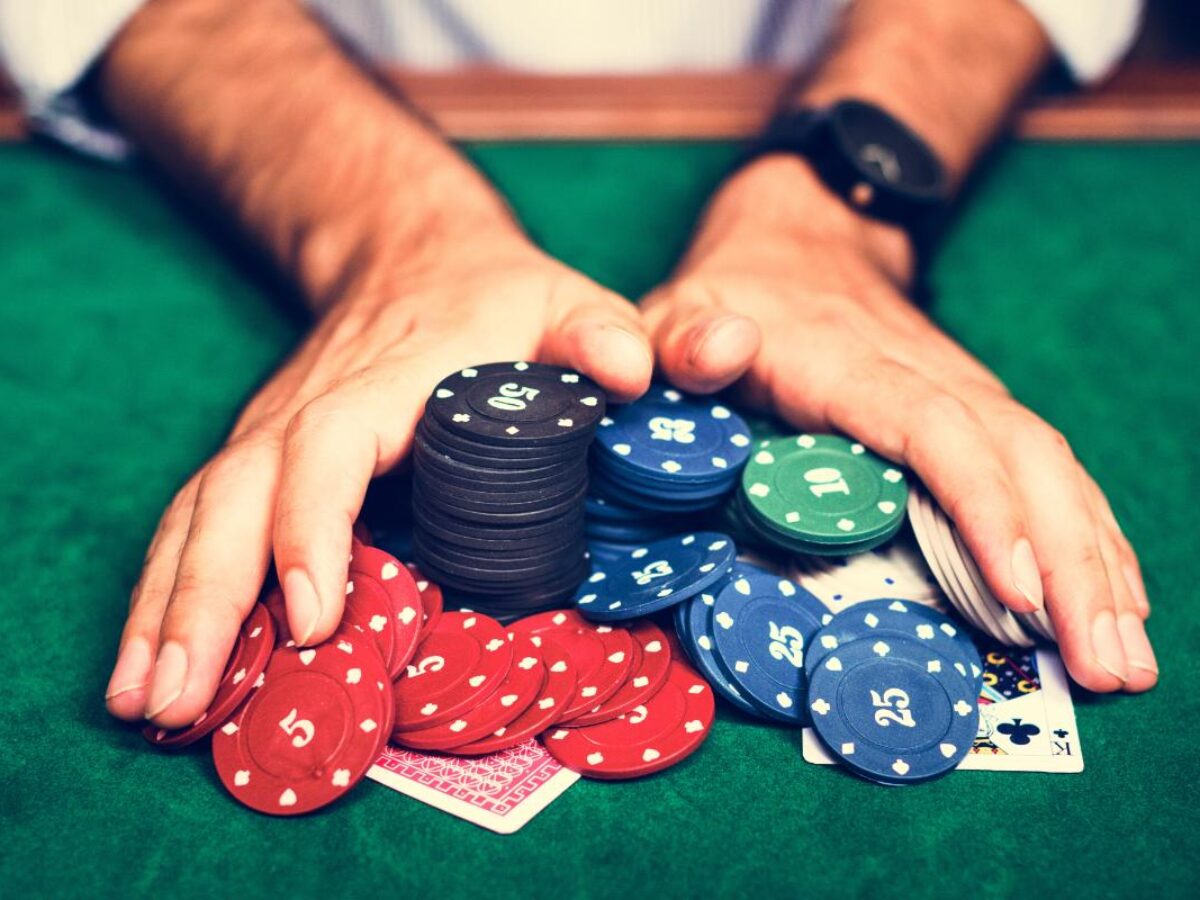Introduction
The relationship between gambling and anger has been a topic of interest for psychologists and researchers for many years. While some studies have suggested a link between gambling behavior and anger, others have found no significant association. In this article, we will explore the research on whether gamblers are more likely to experience anger and aggression.
Theories on Gambling and Anger
One of the theory that has been proposed to explain the relationship between gambling and anger is the “frustration-aggression” hypothesis. According to this theory, people who experience frustration or other negative emotions are more likely to become aggressive or hostile. In the context of gambling, this theory suggests that people who experience frustration or disappointment when they lose a bet may be more likely to become angry or aggressive.
Another theory that has been proposed is the “메이저놀이터.” This theory suggests that people who gamble may be doing so as a way of escaping from negative emotions like anger or anxiety. In other words, people who are feeling angry may be more likely to gamble in an attempt to distract themselves from their negative emotions.
Research on Gambling and Anger
While there is some evidence to suggest that gambling behavior may be associated with anger and aggression, the research in this area is somewhat mixed. Some studies have found a significant link between gambling and anger, while others have found no such association.
One study published in the Journal of Gambling Studies found that people who reported higher levels of anger were more likely to engage in problem gambling behavior. Another study published in the Journal of Gambling Behavior found that problem gamblers were more likely to experience anger and aggression than non-gamblers.
However, not all studies have found a significant link between gambling behavior and anger. For example, a study published in the Journal of Gambling Studies found that while problem gamblers reported higher levels of anger than non-gamblers, the difference was not statistically significant.
Possible Explanations for the Mixed Results
There are several possible explanations for the mixed results of research on gambling and anger. One possibility is that the relationship between these two factors is complex and may depend on individual differences and other contextual factors.
For example, some researchers have suggested that the link between gambling and anger may be stronger for certain types of gambling activities. One 메이저놀이터 published in the Journal of Gambling Studies found that people who participated in electronic gaming machines (EGMs) were more likely to experience anger and aggression than those who participated in other types of gambling activities.
Another possible explanation for the mixed results is that the relationship between gambling and anger may be mediated by other factors, such as depression or anxiety. Some studies have found that people who experience depression or anxiety may be more likely to engage in problem gambling behavior and may also be more likely to experience anger and aggression.
Conclusion
In conclusion, the relationship between gambling behavior and anger is complex and multifaceted. While some studies have found a significant link between these two factors, others have found no such association. It is possible that the relationship between gambling and anger is moderated by individual differences and contextual factors, and more research is needed to fully understand this relationship. However, it is important to note that problem gambling can have serious negative consequences, regardless of whether it is associated with anger or other negative emotions. If you or someone you know is struggling with problem gambling, seeking help from a qualified mental health professional is strongly recommended.

/https://www.thestar.com/content/dam/thestar/life/2017/07/28/its-your-husbands-gambling-not-your-in-laws-that-youre-angry-at-ellie/gambling.jpg)
